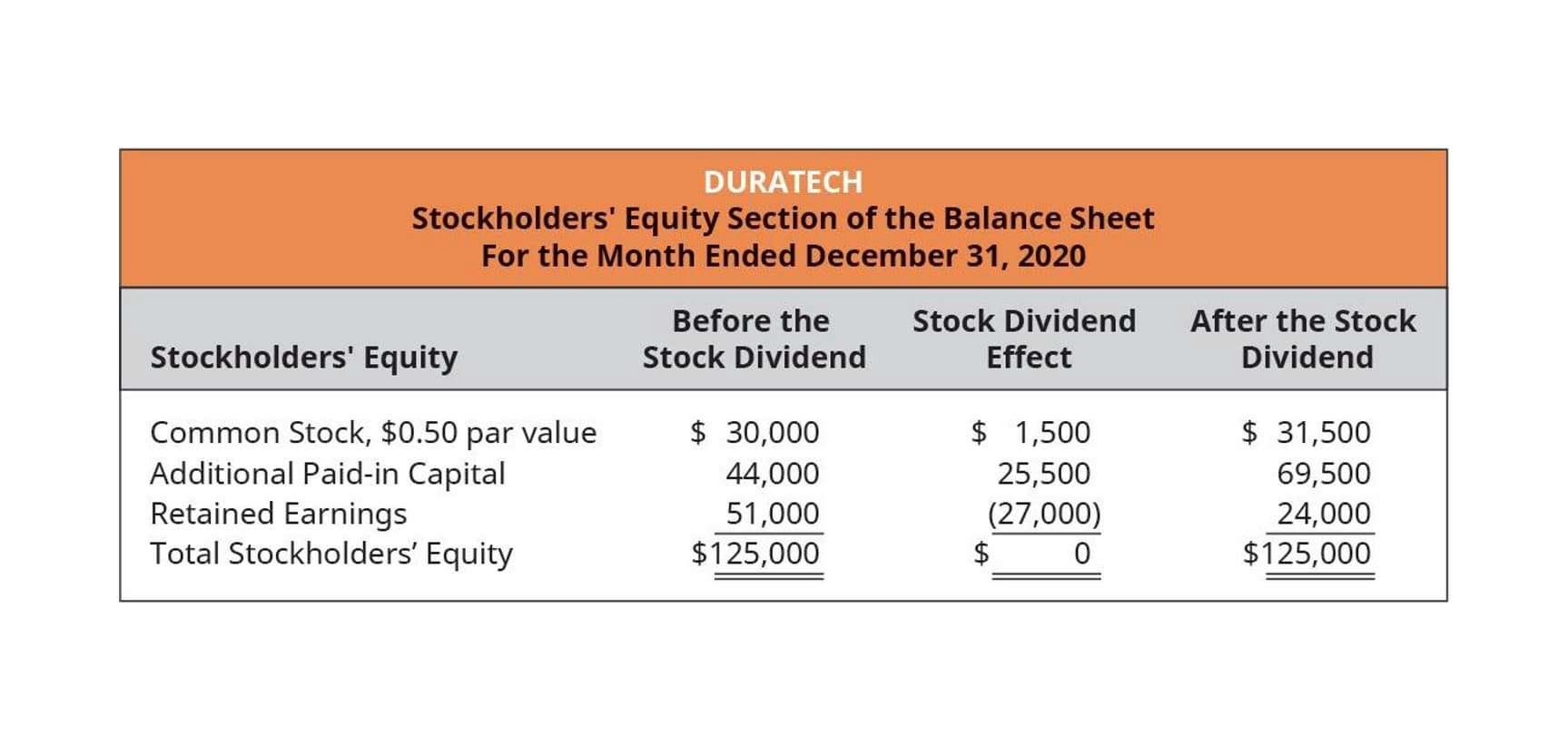
When you take out a loan—whether it’s a mortgage, auto loan, or personal loan—interest begins to accrue from the moment the funds are lent out. Lenders calculate accrued interest based on the loan’s principal balance, interest rate, and time since the last payment. When you’re on an income-driven plan, the government adds the interest you don’t pay every month onto the “accrued interest” column. This prevents the student loan interest from adding to your principal balance.
How to record accrued interest?
- For borrowers, a higher APY means that you’re effectively paying more over the year than the base rate would suggest.
- Always read the fine print before agreeing to deferred interest plans.
- For grad PLUS loans, the interest rate is also fixed for the life of the loan.
- As you calculate interest rates when comparing loans and repayment plans, there are many online resources available.
- Variable annual percentage rates (APR) range from 6.13% APR to 10.74% APR (5.88% – 10.49% with .25% auto pay discount).
The details mentioned in the respective product/ service document shall prevail in case of any inconsistency with respect to the information referring to BFL products and services on this page. Let us understand how interest accrued on bonds is treated in the event of the sale of a bond. A purchases a bond with a face value of Rs. 1 lakh and 10% fixed annual interest from B on July 1, 2023. B is entitled to accrued interest from January 1, 2024, to June 30, 2024. The accrued interest for six months, that is, Rs. 5,000, shall be added to the purchase amount, and A will have to pay Rs. 1,05,000 to B for the purchase of the bond and the accrued interest. On December 31, 2024, B shall receive interest on the bond for the entire year (Rs. 10,000).
My Mortgage Fell Through On Closing Day. What Now?

Companies with large amounts of credit card transactions usually have high levels of accounts receivable assets = liabilities + equity and high levels of accrued revenue. In some cases, accrued interest can affect the total cost of borrowing. For loans with deferred payments, such as student loans that don’t require payments until after graduation, accrued interest can be “capitalized.” In other words, it gets added to the principal balance. But this increases the overall amount owed and leads to even more interest charges over time.
- The same concept is applicable to interest that is receivable by a company.
- When you purchase a bond between its scheduled coupon payment dates, you acquire a portion of the interest the previous bondholder has already earned.
- For lenders, accrued interest represents the revenue that has been earned but not yet received.
- For the past 52 years, Harold Averkamp (CPA, MBA) hasworked as an accounting supervisor, manager, consultant, university instructor, and innovator in teaching accounting online.
- Since student loan interest accrues and does not compound, many borrowers overestimate the size of their tax bomb that they will owe in the future.
How Accrued Expenses and Accrued Interest Differ
- The general purpose of an accrual account is to match expenses with the accounting period during which they were incurred.
- When recording accrued interest, the main difference between borrowers and lenders lies in how the interest is classified.
- For example, interest owed on a loan is accrued, whereas interest paid upfront for a mortgage is prepaid.
- Management of accrued interest, therefore, becomes critical to maintain, not only operational viability but also to ensure funds availability for sustainability goals.
As time goes on, interest accumulates – or accrues – between your monthly payments. The amount of accrued interest is a percentage of the unpaid principal (the amount borrowed). In the company’s books, it is accrued interest payable which again has a different entry. This enables the accrued interest to be included in the lender’s balance sheet as an asset https://www.bookstime.com/ (and in the borrower’s balance sheet as a provision or liability).

The other part of an accrued interest meaning accrued interest transaction is recognized as a liability (payable) or asset (receivable) until actual cash is exchanged. It is considered income for the lender or investor and is subject to taxation even if the payment hasn’t been received yet. Tax authorities require that accrued interest be reported in the period it is earned, following the accrual method of accounting.

How to Calculate Accrued Interest Payable?
You need to know how it affects their business and financials before investing in them. Similarly, if a business receives inputs from a supplier, it has to record purchases under the accrual system even if it has not paid for the inputs yet. The terms of the contract may require you to pay interest only once a year but you owe interest to the lender every day you use his loan for your purpose. In this case, since you are a borrower, you have accrued interest expense. Whatever interest you owe to the lender for the duration between the last payment date and the date on which you are preparing your accounts will be recorded as accrued interest. If you are keen on this topic, do read this blog, as it explains what accrued interest is and what interest accrual means in great detail.

